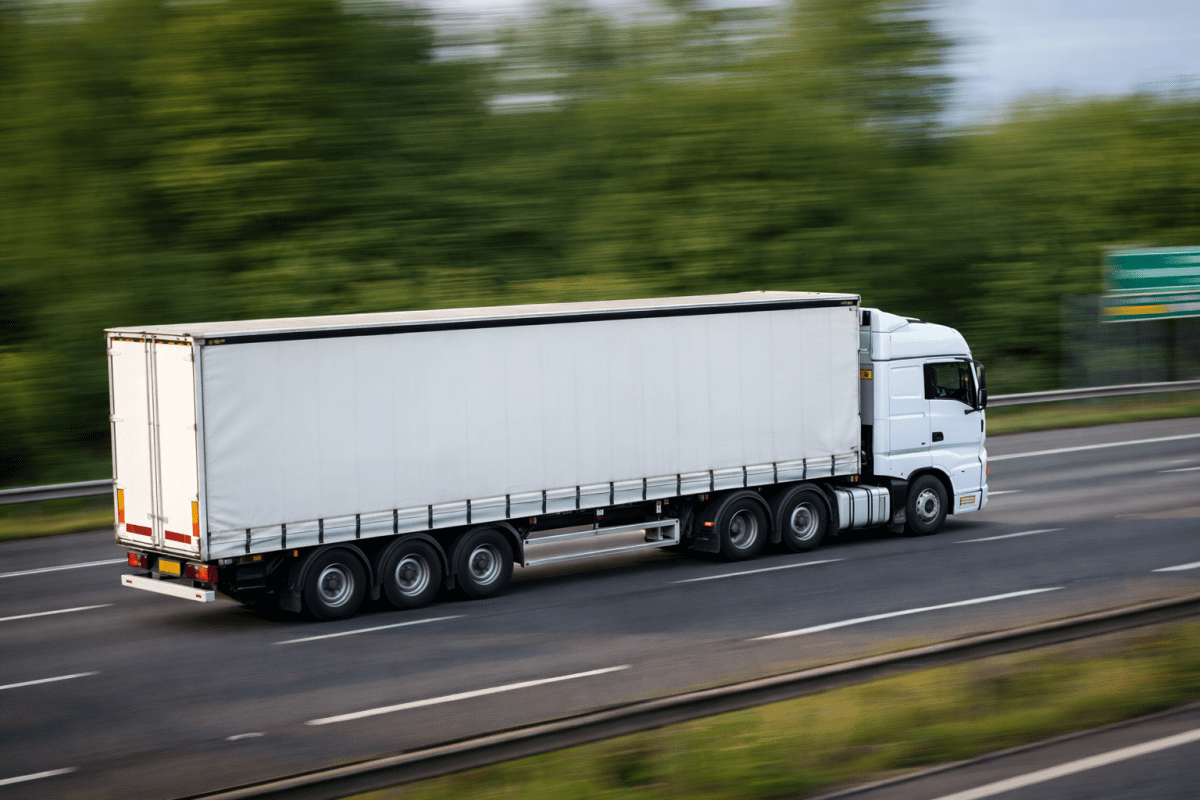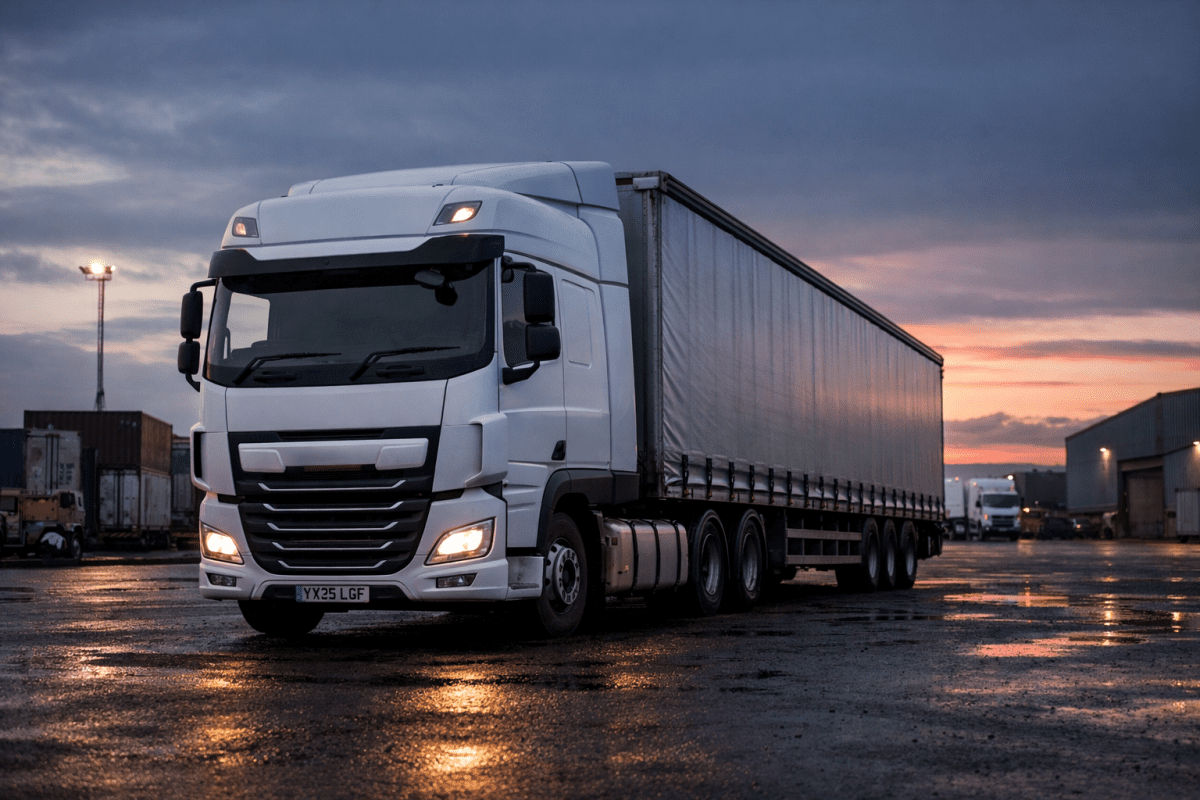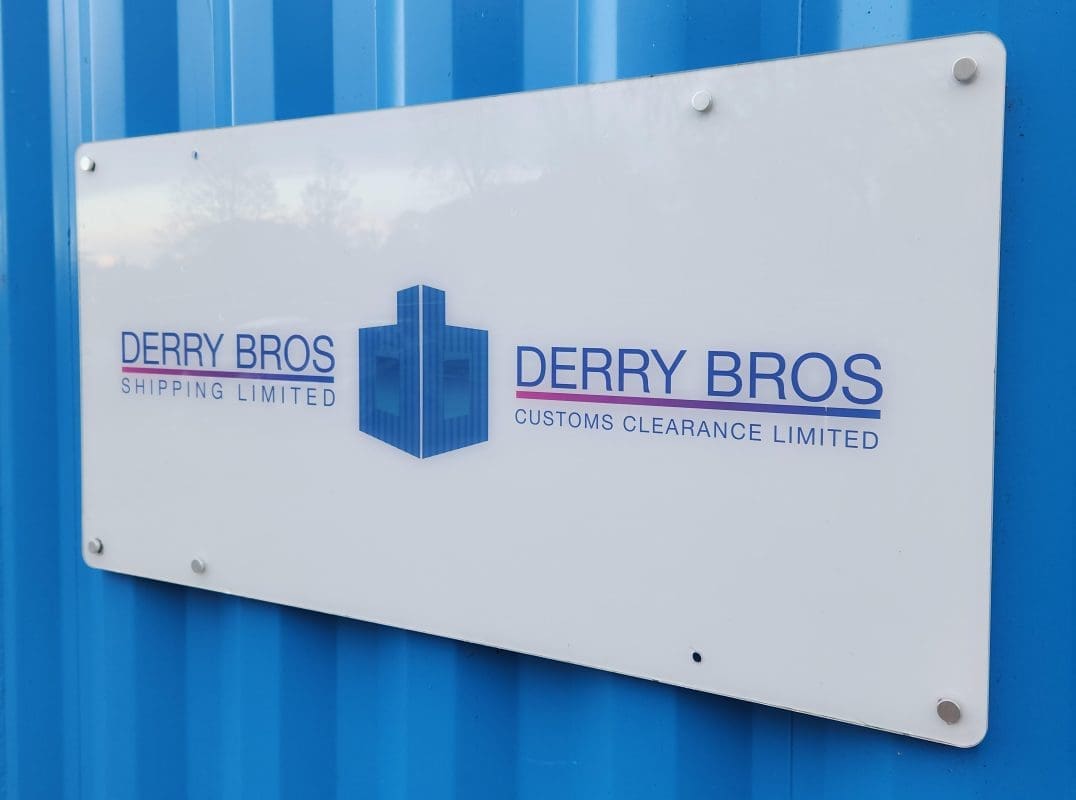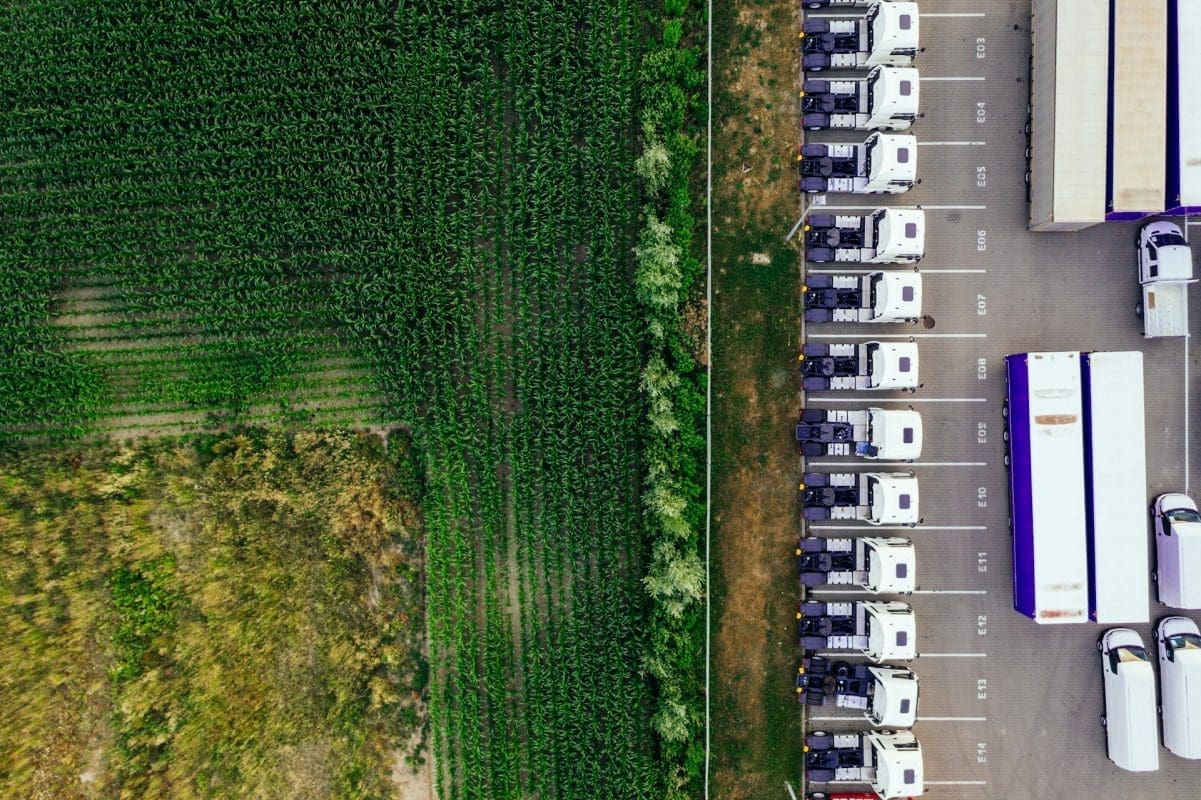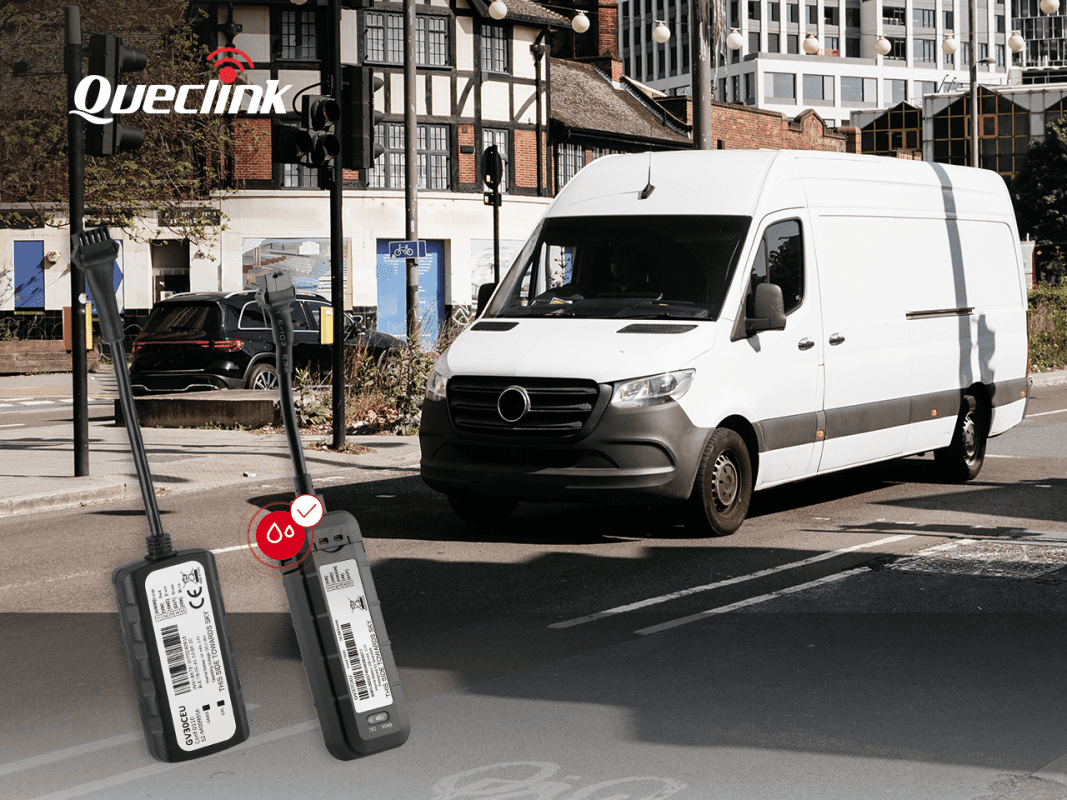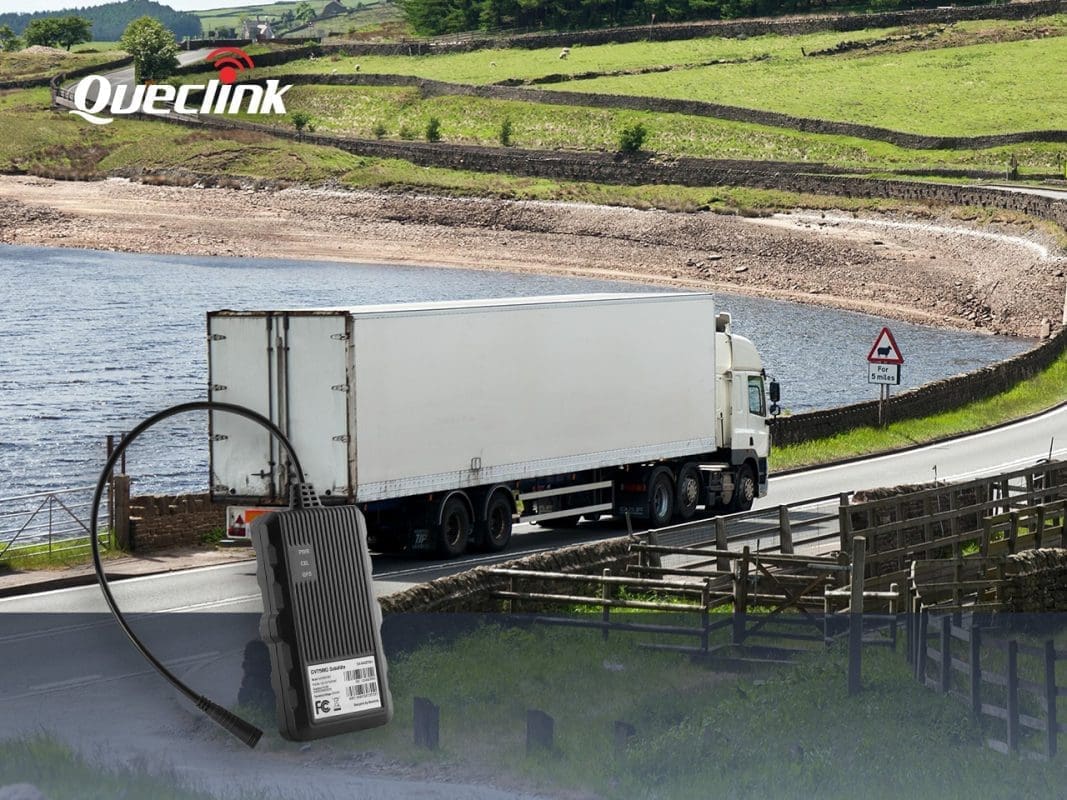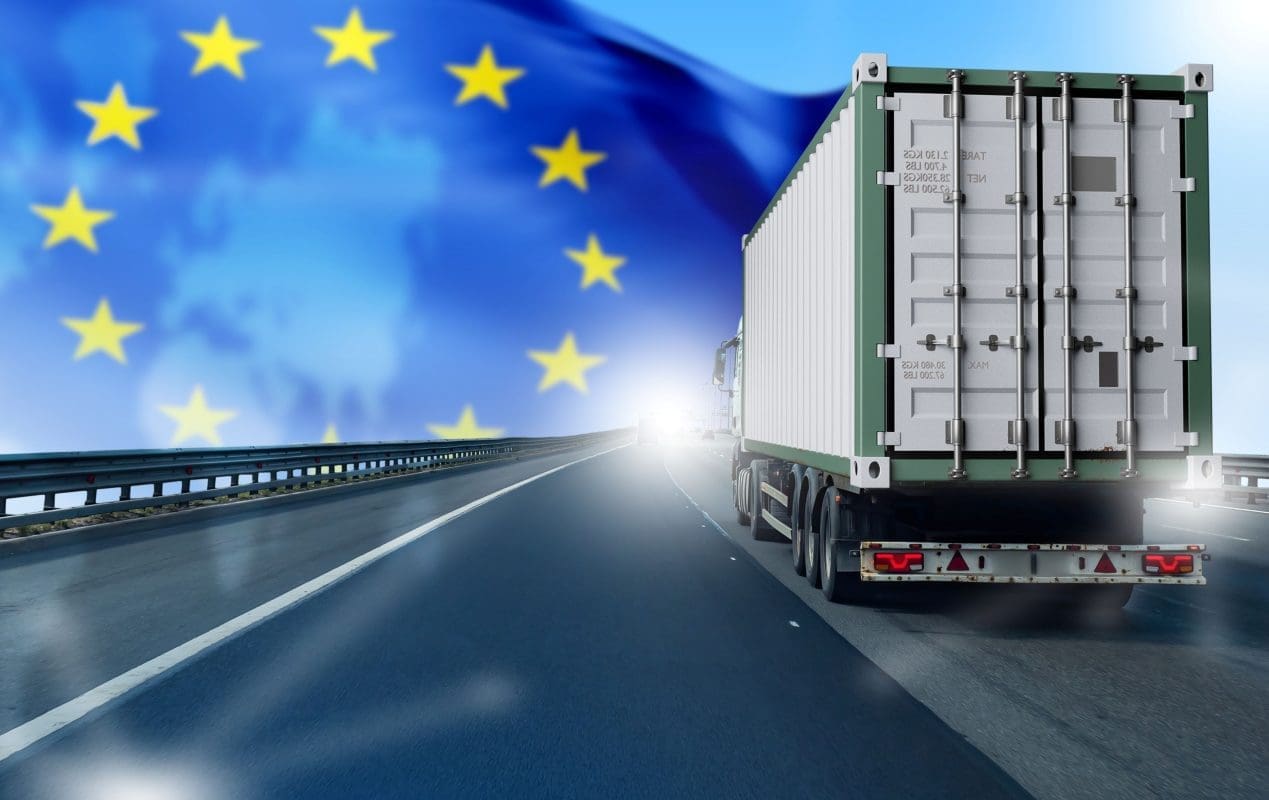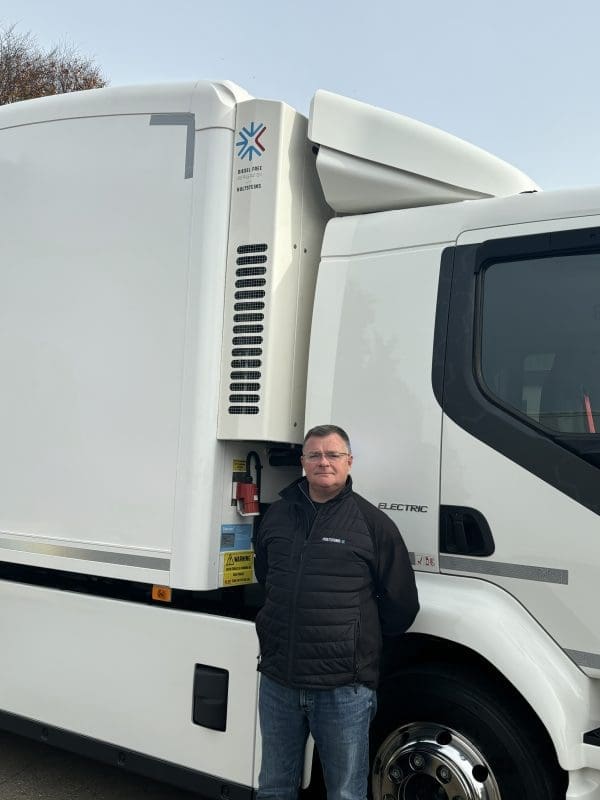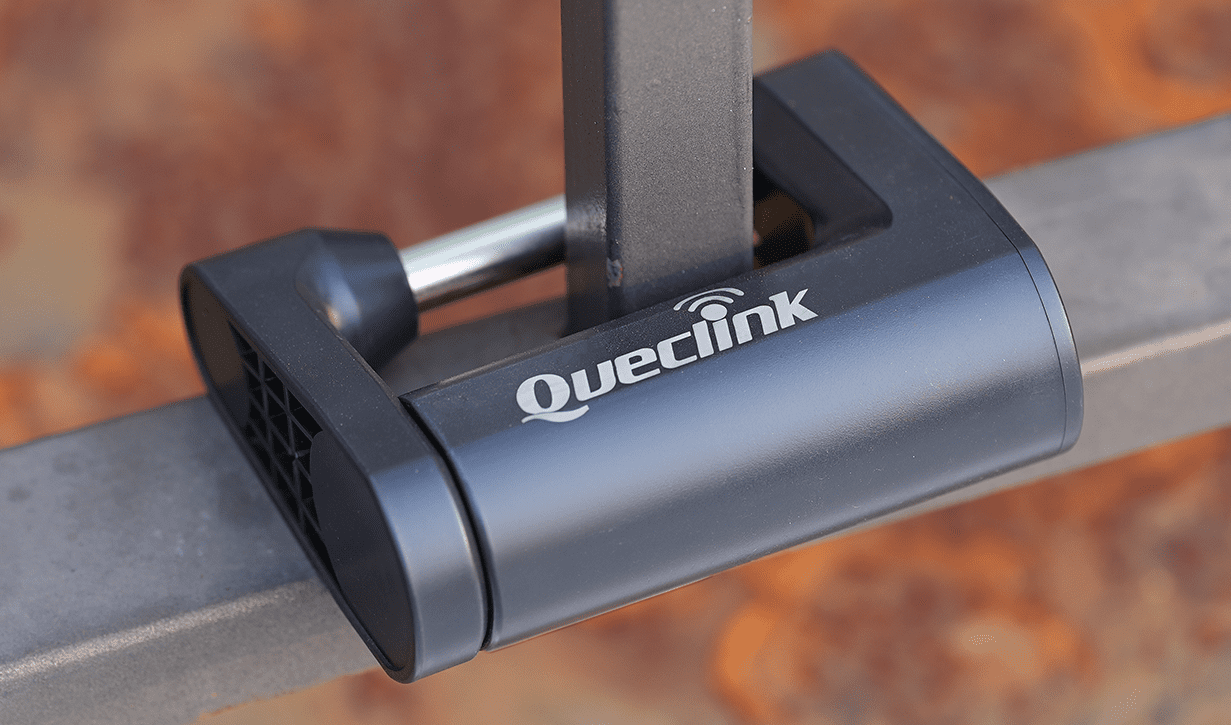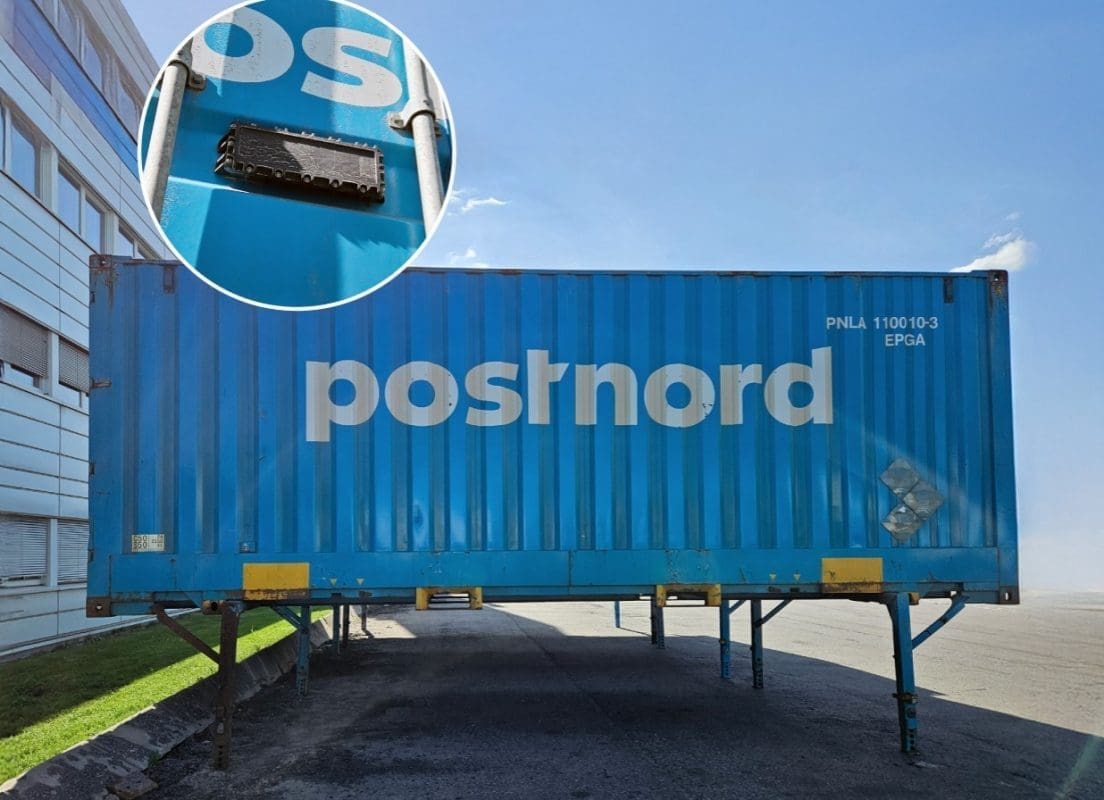- Shop All Documents + Bundles
- FORS V7.1 Document Bundle | Bronze (15 Policies)
- Transport Manager Compliance Pack (10 Policies)
- Transport Manager Compliance Pack (6 Policies)
- Health & Safety Policy Template
- Fuel, Emissions And Air Policy Template
- Operational Security Policy Template
- Serviceability And Roadworthiness Policy Template
- Road Traffic Collision Policy Template
- Counter Terrorism Policy Template
- Load Safety Policy Template
- Vehicle Routing And Scheduling Policy Template
- Driving Standards Policy Template
- Driving Hours Policy Template
- In Cab Technology Policy Template
- Passenger Safety Policy Template
- Complaints And Grievances Policy Template
- Drug And Alcohol Management Policy Template
- Hazard And Risk Identification Policy Template
- VOR (Vehicle Off Road) Policy Template
- Tyre + Wheel Policy Template
- Health & Eyesight Policy Template
- Transport Infringement Policy Template
- Walk Around Check (Defect Check) Tool Box Talk Template
- Transport Manager CV Template
- Social Media Policy Template
- Transport Manager Contract Template
- External Transport Manager Contract Template
- Driver Handbook
Ireland: No Support For Hauliers Until Budget
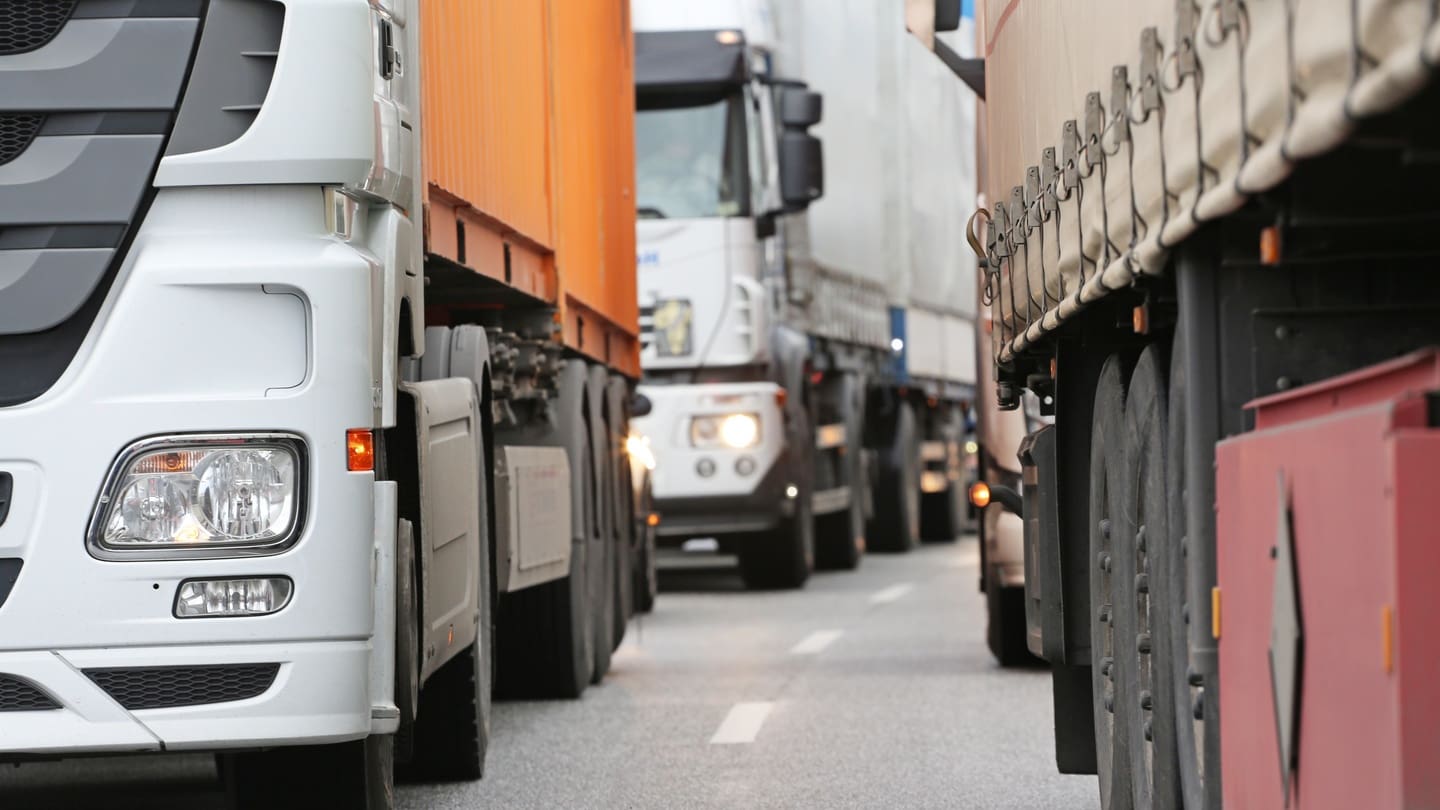
No Support For Irish Hauliers Until Budget
There will be no further supports for the haulage industry before the budget as the industry reaches “breaking point” over high fuel costs.
The Irish Government has also heard “ambitious” proposals to exceed decarbonising targets in the sector by 2030 can only be met if fuel tax is cut and hauliers are incentivised to transition to greener technology.
According to the AA, petrol costs now stand at 213.2 cent per litre and diesel costs at 205c.
Industry costs have increased by more than 30% since the beginning of the year and continue to push up prices of goods and contribute to the cost-of-living crisis.
Representatives from the Irish Road Haulage Association (IRHA) have met Minister for Transport and Environment Eamon Ryan and Minister of State for Road Transport and Logistics Hildegarde Naughton to discuss the long-term decarbonising of the sector.
“We laid down the gauntlet and laid out what we need for the survival of our industry,” said Eugene Drennan, president of IRHA.
“The Government was solid in that there will be nothing in the immediate and it will be around the budget.”
The cost of haulage is reflected within the high cost of living at the moment.
The IRHA also proposed a plan to decarbonise the sector by up to 40% by 2030, well above previous proposals.
“At the moment there is nothing to incentivise a haulier to modernise and invest in [greener] technology,” Mr Drennan said.
Mr Drennan said that if the Government can introduce focused initiatives aimed at achieving carbon neutrality from the transport sector, then the haulage industry will be able to deliver more than 25% less carbon by 2030, keeping the sector well within targets.
Among the proposals were subsidies for Ad Blue, a pollutant reducing additive which enhances the quality of the air near the exhaust of large vehicles; incentives to upgrade to greener engines rather than expensive new vehicles; and the reduction of several taxes on fuel.
The group also proposed incentivising farmers to grow rapeseed and manufacture an alternative non-fossil, no-carbon fuel which could reduce the carbon footprint of the sector by as much as 40%, the group said.
David Timoney, associate professor of engineering at UCD, said the proposals were “quite ambitious” but could work.
The growing of the production of rapeseed oil would require “substantial supplies of the necessary biofuel and confidence that engine manufacturer warranties will remain valid with this alternative fuel”, he said.
Mr Drennan said the Ministers were interested in their proposals and a Department spokesperson said they would be “considered in the context of Budget 2023 preparations and the development of the new 10-year strategy for the haulage sector” that has “decarbonisation of [heavy goods vehicles as] a main focus”.


